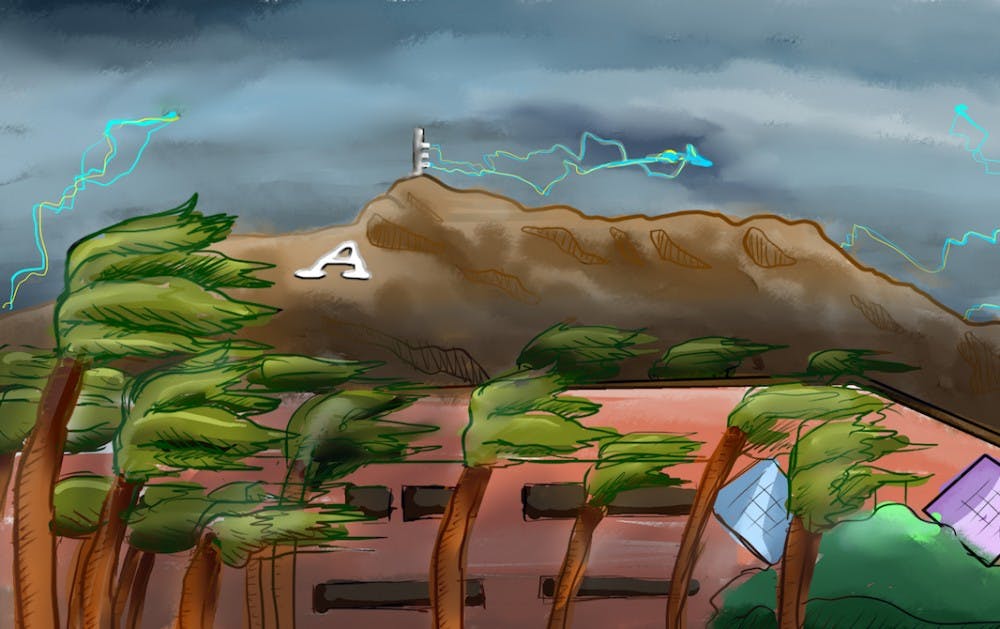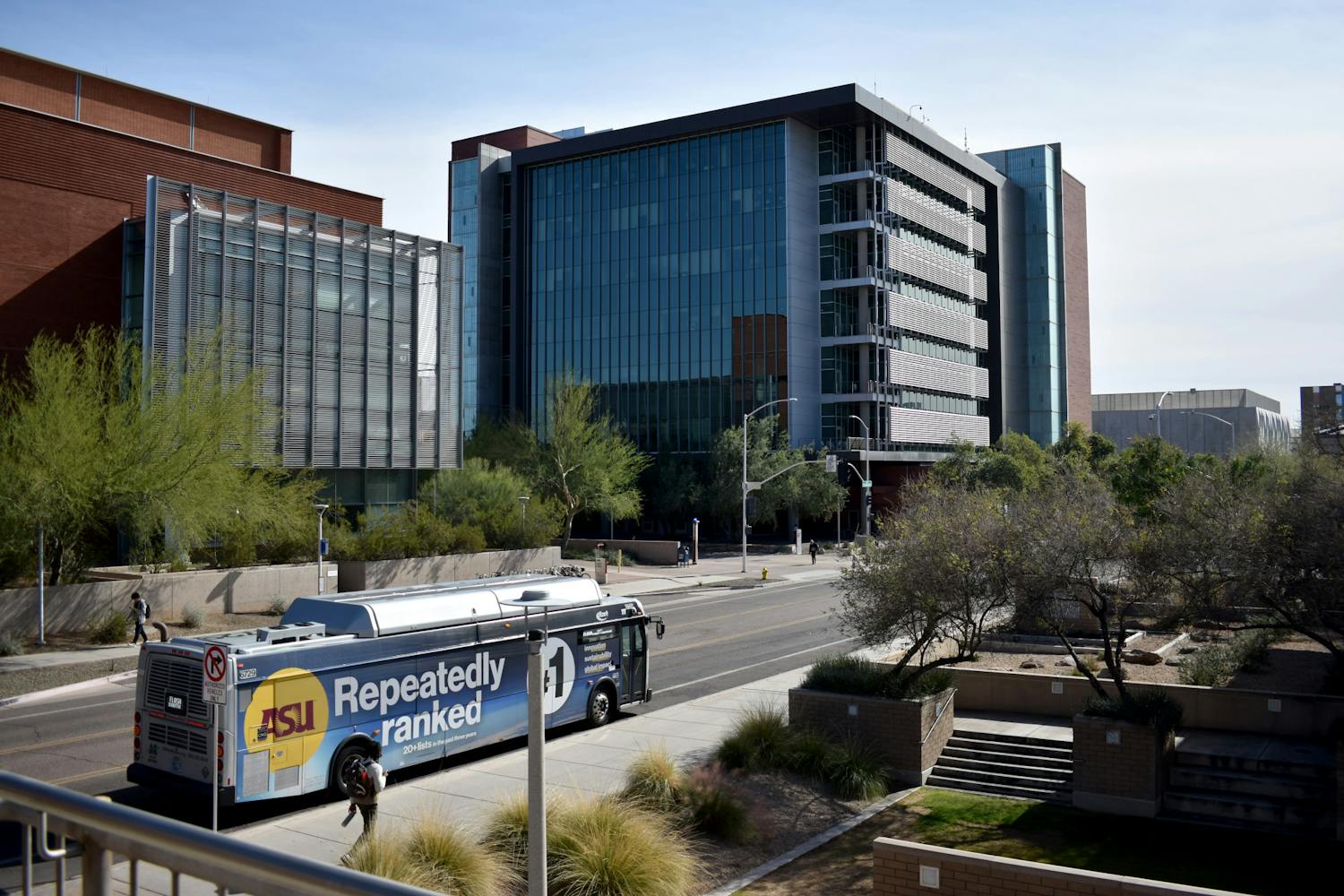A first-of-its-kind study of human response to climate change validated ASU's efforts to spur a more sustainable culture on campus.
ASU has focused on behavioral methods to encourage students to act more sustainably, and a study in the journal Nature suggested that behavioral factors – including social pressure – may have a large influence on the temperature trend of this century.
Ann Kinzig, an ASU senior sustainability scientist and professor at the School of Life Sciences, contributed to the study.
“In this paper, people are responding to extreme events, not so much scientific information," Kinzig said. "But that they’ve experienced a historical hurricane season, for instance, a historical wildfire season, and they attach those to climate change."
The study focused on people's reactions to extreme weather events attributed to climate change, but Kinzig said that the bedrock of human behavior is personal beliefs and values.
“This makes the most intuitive sense at the individual levels," Kinzig said. "But, they can apply to households. They can apply to communities. They can apply to nations."
Kinzig said that she sees ASU leadership working to get people to behave more environmentally friendly, but the University could do more increase social pressure on campus.
Mick Dalrymple, director of University Sustainability Practices, said social norms help shape people’s actions.
“It’s just a familiarity thing. If everybody around you is doing something, then you're going to tend to do it, too,” Dalrymple said.
He said the school wants to foster an image of an environmentally-friendly student body.
Less than half of ASU students and employees act sustainably most or all of the time, and only a quarter scored higher than 75 percent on a sustainability literacy test according to an ASU survey taken in the spring of 2017.
Dalrymple wants to conjoin ASU pride and camaraderie with its history of sustainability.
“I think to be a Sun Devil is to be sustainable," Dalrymple said. "It’s part of the DNA of the University. The University has been a leader in this since the beginning."
His work has included incorporating sustainability at events where school pride is central.
“Another thing we’re doing to promote a culture of sustainability is we’re doing a lot with the green games," he said. "Basically, there’s a designated green game for every Sun Devil sport in which there’s just extra educational efforts and messaging ... to promote sustainability."
"We can't get further without that sea change of behavior," Dalrymple said.
Behavioral factors, including social norms, can have a significant effect on how people cut back on carbon emissions, according to computer simulations from the study in the Nature research journal.
Louis Gross, a mathematical ecology professor at the University of Tennessee, co-organized the group of researchers for the study.
Gross said he was surprised that social acceptance led to such strong behavioral changes in response to climate change.
“One of the main conclusions was that high levels of perception of social norms – meaning what you see other people doing – drives the potential for either rapid reduction in future temperature and rapid increases in different assumptions of the model," Gross said.
Reach the reporter at cscragg@asu.edu or follow @monsoonchaser on Twitter.
Like State Press on Facebook and follow @statepress on Twitter.




